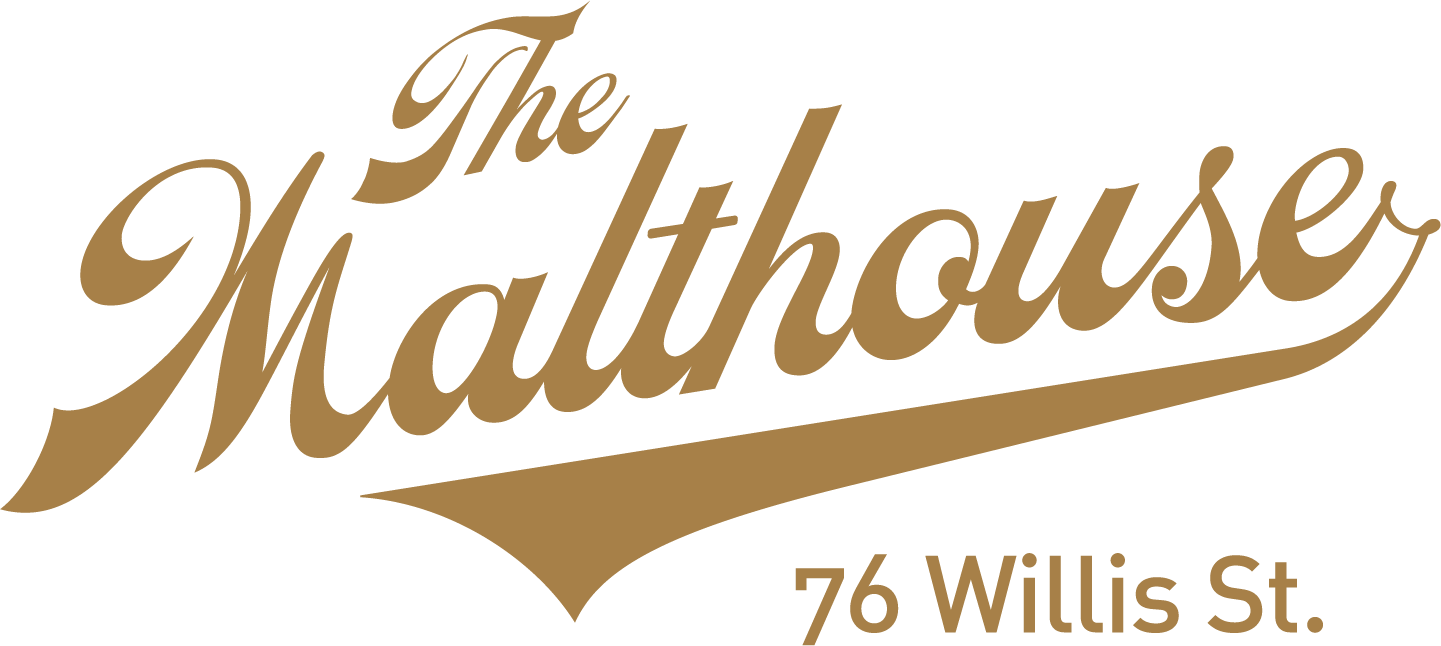Over that same time, an ever-growing number of imports were appearing on Kiwi beer lists, many for the first time, particularly from American, English and Australian craft breweries. It is difficult to pinpoint exactly why the Belgian beer trade was impacted so heavily but sadly some old favourites, such as my beloved Westmalle Tripel, were missing or hard to find for far too long. *
Recently, normal service seems to have resumed and even accelerated with New Zealand drinkers either discovering the wonders of Belgium beer or renewing a long-standing acquaintance. I have been told that New Zealand drinks as much Chimay as Australia. That is not per person – that is the same total amount. This is significant given our neighbour’s roughly 5:1 population advantage. The number of successful Belgian Beer Cafes here is also a significant indicator of an abiding local connection with the beer and cuisine of that distant kingdom. **
Beers from Belgium played an important role in my conversion to craft beer many years ago. They bought in aromas and flavours which did not appear in many New Zealand beers of the time (at least on purpose), accompanied by their centuries-long history and a beer-centred culture and cuisine.
Writing in the 2005 “Good Beer Guide to Belgium”, author Tim Webb described Belgium as “the world’s most interesting beer country” and Belgian beers as “the world’s most distinctive beers.” That is high praise indeed from a man long involved with the Campaign for Real Ale (CAMRA) and a staunch consumer advocate. He further wrote:
“The growing international reputation of Belgian beers draws over a million visitors each year to this historically fascinating and endearingly daft little kingdom at the heart of Europe. With over 40% of Belgian beer now exported, many millions more are enjoying the trip without moving from the comfort of home.”
Today, that export figure is a staggering 60%. Over half the beer made in Belgian is drunk elsewhere and New Zealand’s contribution to that statistic is once again on the rise. There are a number of Belgian beers now in the Malthouse fridges, many with their own distinctive glass. That list includes:
Duvel – Often mispronounced by the Kiwi accent, this classic Golden Strong Ale is the template many others have attempted to copy. Using a yeast originally harvested from a bottle of McEwans Scotch Ale, it is a deeply complicated recipe *** with plenty of twists but the end result is distinctively delicious.
Duvel Tripel Hop – It takes a brave brewery to tinker with a genuine world classic but the folks at Duvel Moortgat have produced a Belgian IPA version of Duvel to critical acclaim. It’s a formidable 9.5% alcohol, recognisably Duvel but with everything turned up a notch.
Rochefort – Considered the most traditional of the Trappist breweries after Westvleteren, the Rochefort range is also one of the hardest to source. The brewery still tends to use a range of smaller distributors which results in exports which Tim Webb described as “like the works of our Lord, moving in mysterious ways.” His tasting notes have the Rochefort 6 as a “surprisingly easy drinking double”, the Rochefort 8 as a “well-rounded ale with chocolate backtastes” **** and the Rochefort 10 as a “big, rich contemplative brew, the colour of stewed tea.”
Lindemans Gueuze – Lambic (wild-fermented) beers are a Belgian speciality and definitely an acquired taste. Their trademark is a mix of sweet, sour and sharp which bewilders, then looks to beguile, the palate. ***** Gueuze is a blend of old and fresh limbic beers and tends to have a very fine bubble.
Affligem – This noted brewer of abbey-style beers is now owned by Heineken. Their principal products are Affilgem Blonde, a well-made Belgian blonde ale, and Affilgem Dubbel, an uncomplicated strong brown ale.
Also in the fridges are a range of the legendary Chimay Trappist ales (plus a few aged examples in the cellar) as well as several of the Leffe abbey-style ales.
This is a just a snapshot of the offerings from a nation described by many as a “paradise of beers.”
* Thankfully, if someone found a box of Belgian beers which had been ‘forgotten out the back’ for a year they generally tasted even better. The same cannot be said for Traverse lower-carbohydrate lager.
** The kingdom of Belgium was founded in 1831 after a riot in Brussels and a conference in London. Charles de Gaulle said “Belgium is a country invented by the British to annoy the French”.
*** Complicated even by Belgian brewery standards.
**** New word for me too.
***** I’m still in the ‘bewildered’ camp.
Op uw gezonheid!
Beer Writer
Real Beer New Zealand
Beer and Brewer Magazine
Links
Good Beer Guide to Belgium – http://www.camra.org.uk/page.aspx?o=gbgb
Duvel – http://www.duvel.be
Rochefort (conveniently available in both French and Dutch) – http://www.abbaye-rochefort.be/
Lindemans – http://www.lindemans.be/start/home/en/
Affligem (crank up the volume for funky monk chanting) – http://www.affligembeer.be/
Malthouse on Twitter – http://twitter.com/malthouse
Malthouse Facebook Group – http://www.facebook.com/pages/Wellington/Malthouse/7084276173
Real Beer – http://www.realbeer.co.nz
Beer and Brewer Magazine – http://www.beerandbrewer.com/

